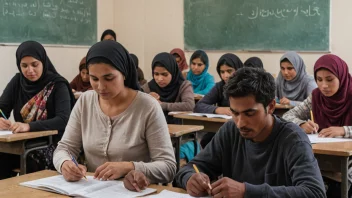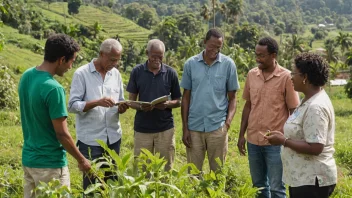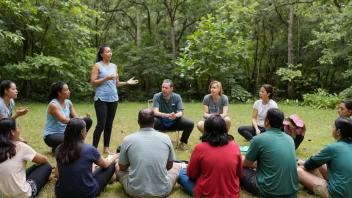Literacy is a fundamental human right and a vital foundation for community development. Unfortunately, many underserved communities face significant barriers to accessing quality education and literacy resources. This article explores actionable steps to promote literacy in these communities, fostering empowerment and growth.
First, it is essential to understand the unique challenges faced by underserved communities regarding literacy. Often, these areas experience high rates of poverty, limited access to educational resources, and a lack of trained educators. Disruptions caused by economic instability and social issues can further exacerbate these challenges, leading to a cycle of illiteracy and limited opportunities for advancement.
One effective approach to promoting literacy is through community-based programs that tailor their methods to the specific cultural and linguistic needs of the population. Local organizations and community leaders can collaborate to create initiatives that engage families and children in reading and writing activities. For instance, organizing storytelling sessions in community centers or libraries can inspire children to develop a love for reading while also allowing parents to participate and learn alongside them.
Another key strategy is to leverage technology to enhance literacy efforts. In an increasingly digital world, utilizing mobile apps and online resources can provide additional support for learners of all ages. For example, programs that offer free access to e-books, educational videos, and interactive learning platforms can bridge the gap where traditional resources are lacking. Community organizations can hold workshops to introduce families to these digital tools, helping them understand how to navigate and utilize them effectively.
Moreover, fostering partnerships with local schools can lead to more significant improvements in literacy rates. Schools can work with community organizations to create after-school programs that focus on literacy enrichment. These programs can provide tutoring, mentoring, and access to books, ensuring that children have the support they need to succeed academically. Volunteer programs can be established, where community members are trained to assist in literacy instruction, creating a sense of ownership and commitment to the educational development of local youth.
In addition to direct literacy efforts, advocacy plays a crucial role in promoting literacy in underserved communities. Engaging with local government and educational institutions to raise awareness about the importance of literacy is essential. Community members can organize campaigns to highlight the need for more funding for educational resources and better-trained educators. Through petitions, town hall meetings, and social media outreach, individuals can amplify their voices and advocate for policies that prioritize literacy education.
Finally, creating a culture of reading within the community is vital for long-term success. This can be achieved through book drives, where community members donate books to local libraries, schools, and families in need. Organizing reading challenges or literacy fairs can also motivate individuals to engage with reading and writing in a fun and interactive way.
Promoting literacy in underserved communities requires a multifaceted approach that addresses the unique challenges these populations face. By fostering community involvement, leveraging technology, and advocating for necessary changes, we can empower individuals and pave the way for a brighter future. The journey towards literacy is not just about reading and writing; it is about unlocking potential, breaking the cycle of poverty, and creating opportunities for all.
Empowering Change: Literacy in Underserved Communities
Literacy is a fundamental human right and a vital foundation for community development. This article explores actionable steps to promote literacy in underserved communities.






